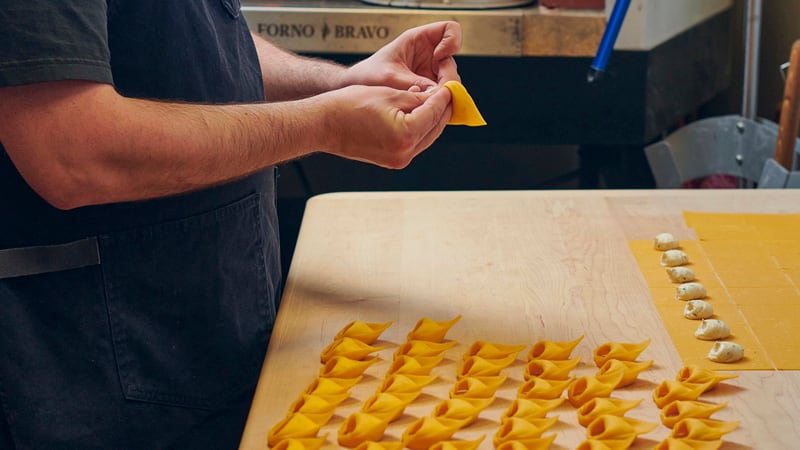When restaurants and food carts first reopened after the worst of the coronavirus pandemic, that didn’t always mean they were open. Business models and operating hours had to be adjusted. Customers were still slow to come back and workers hard to come by. Plus, you had to shut it down if anybody tested positive for COVID.
So yeah, it sucked to be the person standing in front of a closed bakery at 9 am—even after checking hours on Google! Or to find out that your favorite restaurant had halved its menu. But it would suck more to get subpar food and service from an overextended business. And 10 times as much when places close for good.
So now—at least in the world of food carts, smaller restaurants, and loyal diners—there’s been a much-needed recalibration of expectations. The customer isn’t always right, and sometimes owners and employees need a break—both mentally and physically.
“Closed August 3 to 6 to recharge and enjoy time with the people I love,” the food cart Poppyseed posted that month. Another, Sweet Lorraine’s Latkes, once took a Wednesday off when the owners wound up having family in town. Unplanned breaks due to weather (hot or cold), busted equipment or break-ins are considered a given. And so is unapologetic economic pragmatism. “CLOSED TODAY FOR CATERING. WE ARE NOT SORRY, WE GOTS TO GET THIS WORK WHEN WE CAN,” Kim Jong Grillin’ posted in December.
“I feel like post-pandemic, there’s been a much broader conversation around mental health in the workplace,” says Maggie Irwin, who co-owns the St. Johns pop-up-turned-restaurant Pastificio d’Oro with her partner (in both life and business) Chase Dopson. The pair do almost everything themselves (there’s one employee), so if they need a day off, that means the restaurant isn’t open.
“We have so many repeat customers, and a lot of them that came in [after a closure] were like, ‘Hey, we saw your posts and like we’re so happy you guys did that. Like, it means a lot to us that you guys take care of yourself so you keep being in this neighborhood.’”
In the endless seesaw of work-life balance, consider this a win for life.

